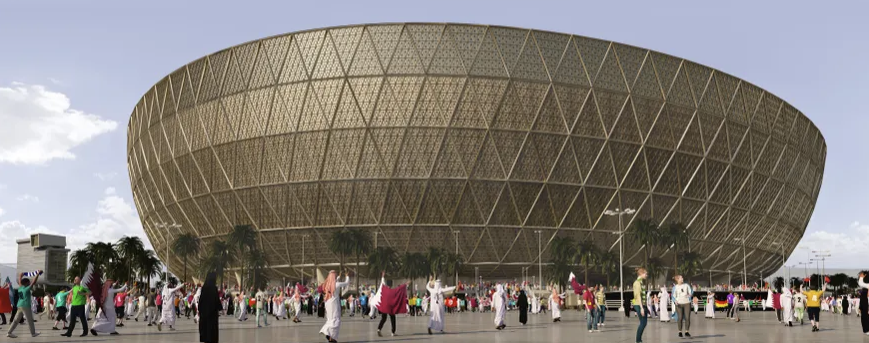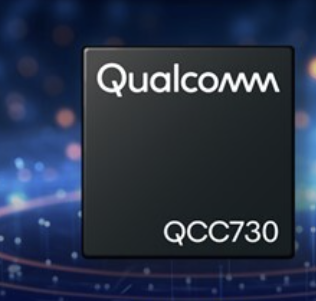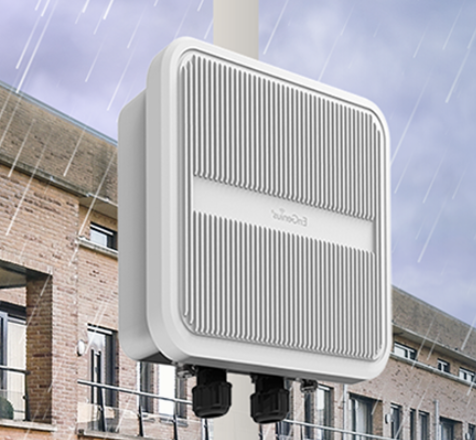
By Claus Hetting, Wi-Fi NOW CEO & Chairman
An estimated three million fans attended the World Cup in Qatar – and that means hundreds of thousands if not millions of visitors connected to Wi-Fi in and around the stadiums during the games. The service management experts from ANTlabs won the contract to deliver the technology to support the gigantic influx of visitors including some of the world’s most dense Wi-Fi traffic scenarios. Multiple authentication methods including – for the first time – AppleID will be used, ANTlabs says.
Enjoying this story?
Leave your email here and we'll get you all the latest Wi-Fi news.
One of the world’s largest sporting events is now over and as always sports fans craved connectivity to stay in touch and share experiences with faraway friends. To that end massive amounts of Wi-Fi connectivity was needed – in addition to mobile services, of course – also because as many as two million football tourists entered the country, ANTlabs explains.

“It is estimated that 1.5 to 2 million visitors entered the country during the games and for many, international roaming charges apply for mobile services. This means that a lot of fans selected free Wi-Fi to satisfy their connectivity needs. And of course our system was ready to serve them and have done so successfully,” says Rafat Khater, Business Solutions Consultant at ANTlabs based in Dubai. Eight giant stadiums with seating capacities from forty to eighty thousand spectators were built for the tournament and ANTlabs managed the Wi-Fi at all of them, he says.
“Perhaps the most important component of the solution is the many ways users can authenticate to access to the Wi-Fi service. For the first time ever at a World Cup stadium Wi-Fi services will support authentication via your Google account credentials, Facebook logon, and even includes the option of logging on to the network with your AppleID. We also included SMS one-time-password as an authentication option. All of this is important to make sure as many fans as possible benefitted from free stadium Wi-Fi services,” Rafat Khater says.
He says that it was important to provide ample alternatives to SMS one-time-password authentication because SMS services can be slow or unreliable during peak usage periods.
As an added convenience ANTlabs delivered the Wi-Fi roaming across all eight stadium locations. “This means that after you’ve authenticated your device once, you automatically connect to Wi-Fi when for example going to watch a match at another stadium,” ANTlabs says.
But it is one thing to get the service logic right and something else entirely to deliver an active service at game time with tens of thousands of fans flooding into stadiums and requesting access to the Wi-Fi service practically all at once. ANTlabs deployed the service gateway and Cloud portal on premise to avoid latency to serve from 40,000 to 100,000 concurrent users, ANTlabs says.
“The capacity requirements and constraints led us to roll out an end-to-end solution comprising our virtualised ANTlabs Cloud Wi-Fi Gateway on-premise, as well as our AWS centrally hosted ASP Wi-Fi Service Management Platform for the portal login and roaming,” ANTlabs says. For lower total cost of ownership ANTlabs offered the organisers a central licensing model where all stadiums share Wi-Fi service management licenses from the same pool instead of building multiple stand-alone solutions, which would be considerably more costly.
The World Cup 2022 concluded this past Sunday with Argentina winning the trophy.
ANTlabs is one of the world’s leading providers of Wi-Fi service management platforms for large enterprises and carriers – including for stadiums. For more read here.
/Claus.









